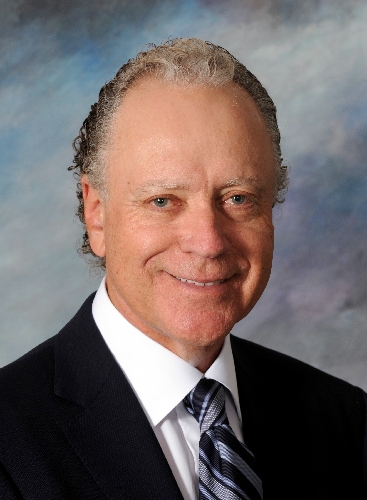Promise foreseen for poker on Web

U.S. Digital Gaming, a multimillion-dollar venture founded in 2009 by former Las Vegas casino executive Richard “Skip” Bronson, is looking for a few good companies to provide the services needed to run Internet gambling sites.
Bronson and his company offer everything from software and legal services to licensing, marketing and advertising operations. The company already has licensed software to operate online poker games, plus the technology to verify a player’s age and location.
Just one problem: Online gambling remains illegal in the United States.
“I don’t see it happening this year,” he said of legalization. “It will be 2012 before any state law is passed legalizing online gambling, especially online poker.”
Bronson said he expects a “domino effect” to happen after the first state legalizes online poker. He said legalization on the state level, also known as intrastate gaming, would give commercial casinos, American Indian tribes and state lotteries an edge over bigger casino companies due to their dominant position in the local market.
“There are so many twists and turns to this story. So much noise,” he said. “I tell my clients to ignore the noise and stay focused on the prize.”
U.S. Digital Gaming has so far raised $3 million in outside funding, which is in addition to the $3 million invested by Bronson and his partner, Richard Baskin. Bronson is based in Beverly Hills, Calif., but has strong ties to Las Vegas, especially with Wynn Resorts Ltd. Chairman and CEO Steve Wynn.
Bronson ran development operations for Wynn’s former company, Mirage Resorts.
Today, his 15-member company is also lobbying state governments to legalize online poker.
Florida, Iowa, California and New Jersey are among the states that have debated or passed measures that would legalize online poker for residents of their states only.
In March, New Jersey Gov. Chris Christie vetoed a bill that would have allowed all Garden State residents to place bets through websites operated by casino companies in Atlantic City.
Nevada Gov. Brian Sandoval recently signed into law Assembly Bill 258, which orders the Nevada Gaming Commission to allow online gambling in the state. The law also directs the Nevada Gaming Commission to adopt regulations governing those activities.
Bronson said he expects the growth of online poker to follow that of state lotteries.
“When New Hampshire created the first lottery in 1964, it didn’t take long for other states to form their own lotteries. Today there are 42 state lotteries,” he said. “We are very close to having the first state go live with online poker.”
Bronson declined to predict which state would be the first to legalize online poker.
“People have accepted gambling. It’s changed from the late 1980s and early 1990s,” he said.
He said society’s acceptance is also due partly to the length and depth of the recession, which has left state governments looking at gaming tax revenues to balance their budgets.
As of Dec. 31 , 22 states had commercial casinos, the American Gaming Association reports. Those legal casinos generated $7.59 billion in direct gaming taxes and earned $34.6 billion in gross annual gaming revenue.
By some estimates, online poker generated $6 billion per year before the federal government on April 15 seized three of the game’s biggest websites — Poker Stars, FullTilt Poker and Absolute Poker.
Bronson compared the gaming industry to a three-act play. The first act, he said, was land-based casinos that started in Nevada and eventually spread across the country.
The second act, he said, is Asia, with the growth in Macau, Singapore, Vietnam and ultimately casinos in South Korea and Japan.
The third act will be legalized online gaming, he said, though he predicted that federal legislation is “highly unlikely” to pass anytime soon.
U.S. Rep. Joe Barton, R-Texas, made the latest push to legalize online gaming. Last month, he introduced a bill, also sponsored by Shelley Berkley, D-Nev., that would have the U.S. Department of Commerce issue regulations and empower states that want to issue online gaming licenses. States could “opt out,” which would block their residents from playing.
“The future is online gaming, everybody knows that,” he said. “The problem is, what is the proper play, when it comes to regulating the industry.”
Contact reporter Chris Sieroty at
csieroty@reviewjournal.com or 702-477-3893.